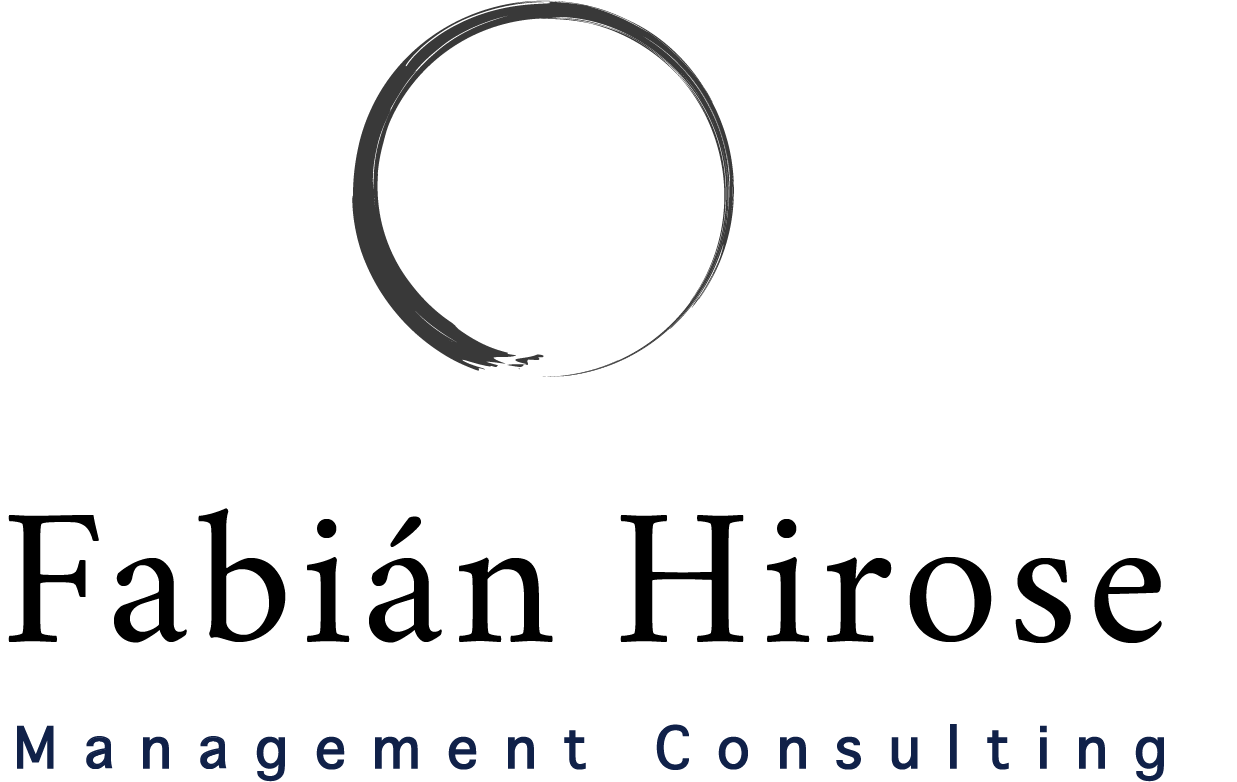Image by Kanghee Kim
By Vicki Culpin for Ashridge Executive Education at Hult International Business School.
To operate successfully in today’s fast-moving, complex climate, leaders must often feel that they have to run just to keep still.
New technology comes in and disrupts markets almost overnight. Competitors emerge from unexpected corners. Political and economic situations shift rapidly, exposing organizations to unprecedented levels of risk and vulnerability.
We are indeed operating in a volatile, uncertain, complex, and ambiguous (VUCA) world—and it’s becoming clear that our comfortable, classic models of leadership don’t work in this constantly changing climate.
According to a recent report from Ashridge Executive Education, tomorrow’s global leaders have to be skilled in negotiating their way through three key factors: context, complexity, and connectivity. The challenge for organizations is to make sure they are equipping future leaders with these “three Cs,” rather than simply developing them in the leadership mold of the past.
“It’s becoming clear that our comfortable, classic models of leadership don’t work in this constantly changing climate.”
So what are the skills needed to lead successfully in a VUCA world? And how can managers ensure they develop the resilience to keep going when all around them is constantly changing?
Leadership competencies for a VUCA climate
1. Developing a shared purpose
The ability to build teams where employees have a shared purpose and vision is key. Leaders need to help their people understand the bigger picture and how they personally fit into it.
2. Learning agility
Tomorrow’s leaders need to be willing to stretch themselves out of their comfort zone and be open-minded enough to rapidly embrace new concepts.
3. Self-awareness
Leaders need an understanding of their own strengths and areas for development and the impact their communication and working style has on others. The ability to be authentic and show your true self at work is key to building trust.
4. Leading through collaboration and influence
In today’s complex world, success often depends on working with people over whom you have no official authority. Tomorrow’s leaders need high-level influencing skills and the ability to collaborate with a wide range of stakeholders.
5. Confidence to lead through uncertainty
The ability to assess acceptable levels of risk and make decisions based on incomplete or even conflicting information is key. Managers also need the ability to learn from mistakes and to allow others to do the same.
“Tomorrow’s leaders need to be willing to stretch themselves out of their comfort zone.”
Building resilience
Surviving and thriving in a VUCA world also calls for a high level of resilience. Developing this depends on a combination of physiological, psychological, and organizational factors. For example, leaders need to pay attention to their physical health, develop confidence in their own abilities, and willingly seek the support of colleagues and friends.
If you feel your resilience as a leader could be improved, here are just a few questions to ask yourself:
– Have you have had the right amount of sleep for at least 10 out of the last 14 nights?
– Have you received and acted on developmental feedback at work during the last two weeks?
– Have you discussed a work-related stressor with at least one family member and one work colleague in the last two weeks?
– Have you exercised for at least 30 minutes, three or more times per week in the last two weeks?
– Have you eaten junk food on less than two occasions in the last two weeks?
Of course, there are a huge number of factors to take into consideration. But looking at how you shape up against these questions will help you to start thinking about what you may need to do differently to improve your resilience in a VUCA world.


